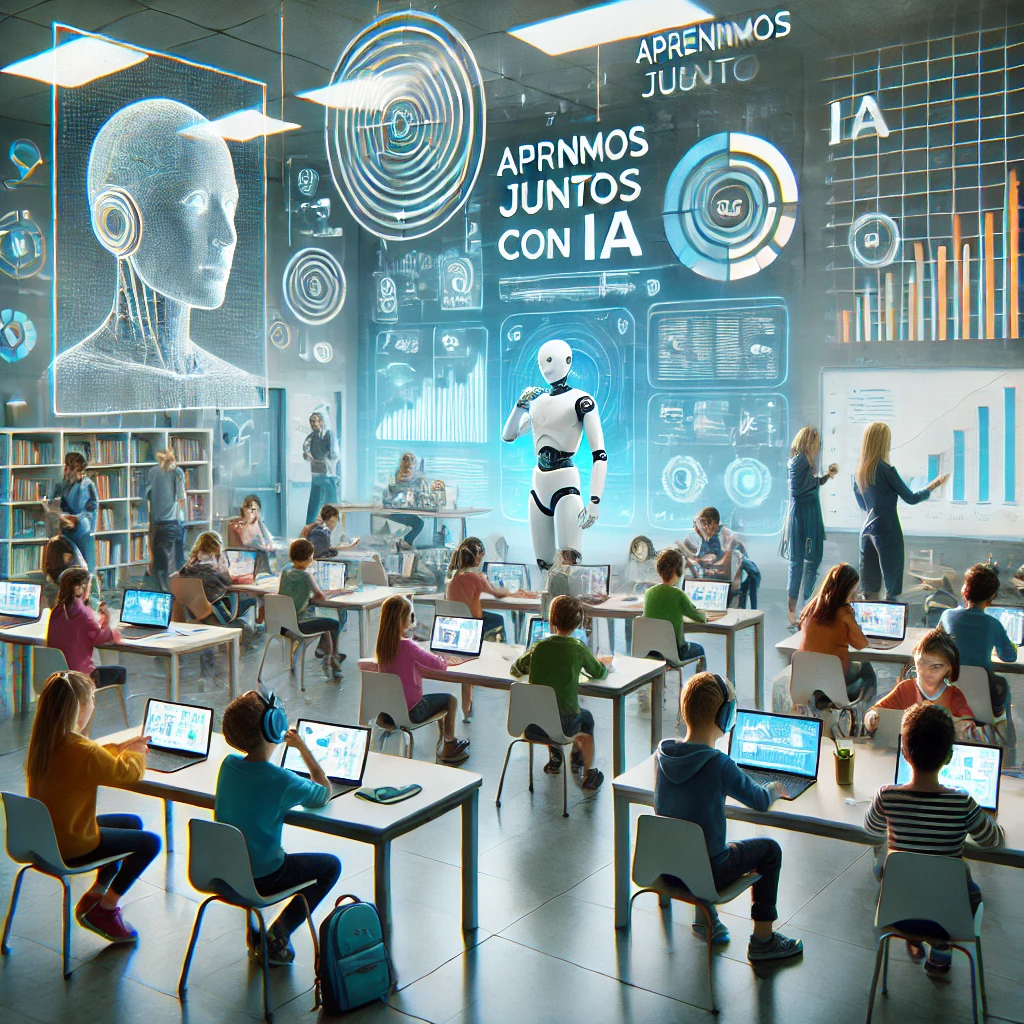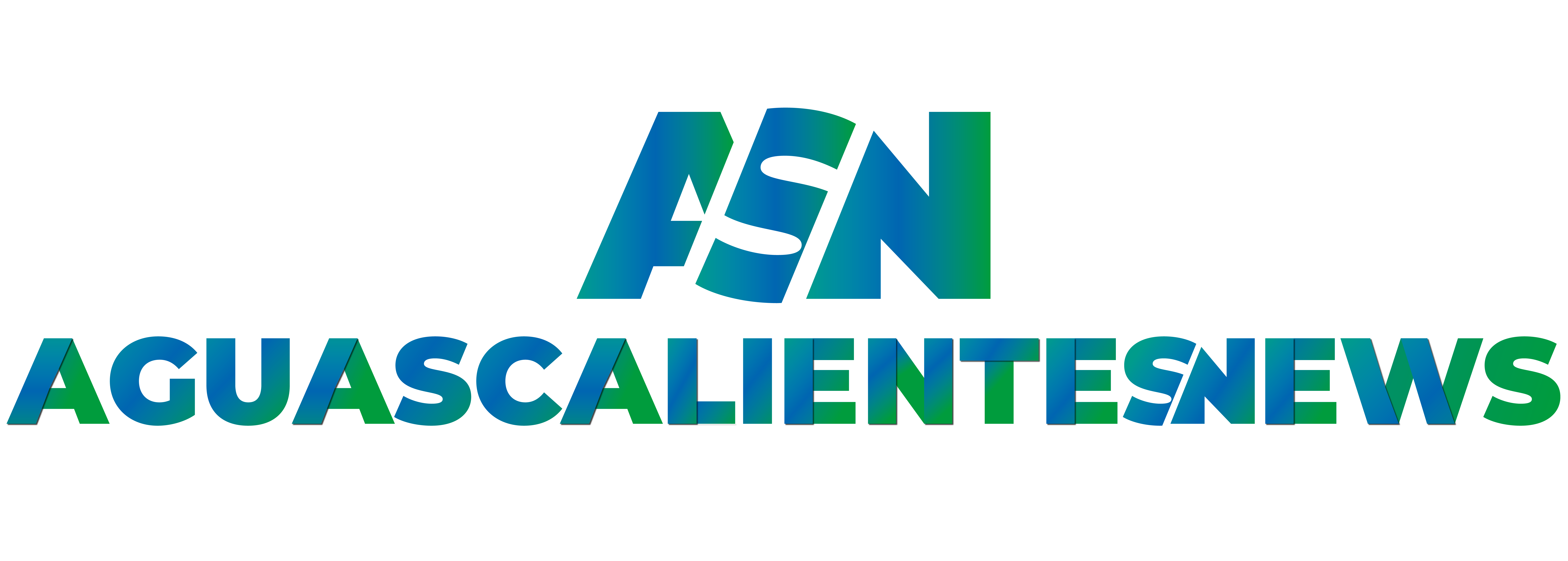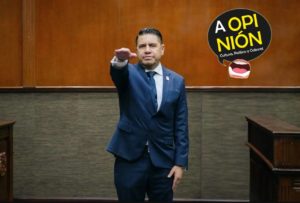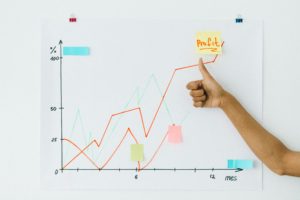Aguascalientes Opina – January 6, 2025

2025: The Year Artificial Intelligence Took Center Stage
By Anibal Salazar
Although artificial intelligence (AI) has been part of our lives for several years, 2025 seems to mark the true beginning of an era where this technology transforms everyday life definitively. From the workplace to education, entertainment, and social media, AI’s impact is no longer a distant promise but a reality shaping our decisions and relationships. In this context, Aguascalientes is no exception.
A prominent example of this technological revolution is Meta, the parent company of Facebook and Instagram. Connor Hayes, Vice President of AI, recently revealed in an interview with Financial Times the company’s plans to integrate AI bots into these platforms. These are not simple automated profiles but hyper-realistic representations that could easily pass as your neighbors or friends. According to Hayes, these profiles will feature biographies, photos, and even the ability to share content, designed to generate massive interactions.
Although the company has experimented with these tools since 2023, the initial reception was lukewarm. Profiles like “Liv,” an African American mother boasting about her virtual children, or “Carter,” a dating coach, failed to capture the public’s interest. However, Meta’s message is clear: if AI is already transforming the job market, why not also our social media feeds? This shift highlights a new phase in the evolution of social media, where authenticity is constantly contested.
At the same time, education finds itself at a crossroads. Generative AI systems, like ChatGPT, are already outperforming most students in standardized exams, forcing educational institutions to rethink their evaluation and teaching methods. While these tools offer new possibilities, such as personalized learning and administrative task automation, they also raise ethical concerns. How can we ensure their use is equitable and does not further widen inequality gaps between countries and communities?
In this context, it is essential for educational authorities to promote a permanent program to prepare both teachers and students for the responsible and strategic use of these technologies. In Mexico, the Secretariat of Public Education (SEP) and, in Aguascalientes, the State Education Institute have the opportunity—and responsibility—to lead this preparation. Failing to do so risks creating a chasm between public and private institutions, where the latter, with more resources, adopt technologies faster and more efficiently. This disparity could solidify into a gap that is difficult to bridge, with profound consequences for educational equity in the country.
As UNESCO points out, technology is not neutral, and its implementation must be guided by clear ethical principles. While developed countries have the infrastructure and resources to lead this revolution, many regions in the Global South still face fundamental barriers, such as lack of connectivity and digital literacy. In this regard, prioritizing inclusion and digital training for teachers and students is crucial to make AI a tool for empowerment, not exclusion.
Despite the bright and dark aspects of this landscape, cautious optimism seems to be the dominant approach. AI, when used correctly, has the potential to complement rather than replace human labor. However, as UNESCO stresses, there are red lines that must not be crossed: protecting privacy, ensuring child safety, and preventing bias are fundamental to building an ethical future in the use of this technology.
2025 is a strange year—a year where the promises of technology clash with the ethical and social realities of its implementation. But it is also a year of opportunities, where we have the chance to decide how we want to shape our future. Whether in Aguascalientes or anywhere in the world, the challenge is in our hands: to guide technology before it guides us.



